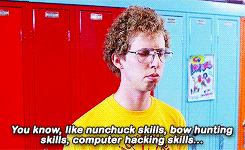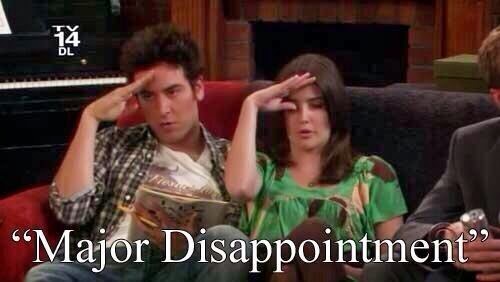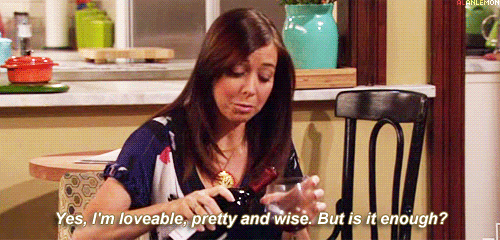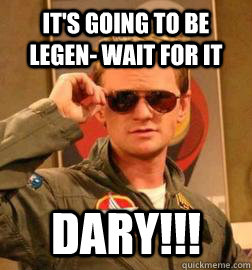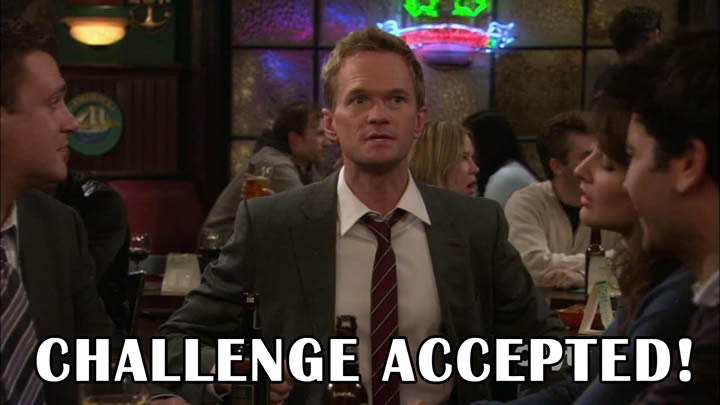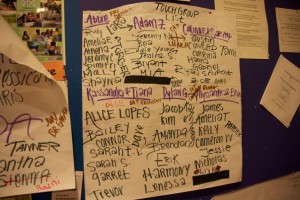This past summer I worked as a sales associate at one of my favorite stationery stores. I succesfully found and secured an intterview for the job by using a site that functions similarly to Handshake. When I was hired for the job I was expecting to learn how to do new tasks since it was my first, and probably only, retail job. To be honest, although I was excited to be working at a stationery store, the basic job description did not sound particularly engaging at first. As expected, I learned how to engage with customers, work the register, and discuss product. Yet, it was what I brought to the job from prior experiences and my own passions that made me excited to go to work every day.

On one of my first days of work, my manager asked me off-handedly if I happened to have good handwriting. I replied that I thought so and would love to give any special projects she had a try. She handed me a blackboard and a chalk marker, and I headed to the back table to work on what would become my first masterpiece.
After that, I became the regular signage creator at the store. While working on the register I would be simultaneously creating signage for the store. I blended the expected responsibilities of the position with the new tasks I adopted. Soon, I was helping create window displays and crafting models to advertise what customers could make in our workshops. I felt like I was creating in a meaningful way. What I was spending time crafting was seen my hundreds, even thousands of customers, and added to the atmosphere of the store. I loved being creative at what could’ve been “just a summer job”.
Beyond designing my job to be an outlet for creativity, I was able to teach kids at the small arts camp we ran. My manager asked me to help the kids craft with her, and from that day forward my shifts were scheduled so that I could cover the hours in which the kids camp was being taught. I learned how to engage with our youngest (and custest!) customers while having patience, compassion, and a smile. I had so much fun working over the summer, and it was all because of the duties of the job that I did not even expect to be doing. Perhaps most importantly, I felt a purpose in seemingly arbitrary skills like good handwriting in a world where we list skills like Word and Excel on our resumes, not calligraphy.

I learned that just like any situation, jobs truly are what you make of them. You can think of your summer job as “just a summer job”, or as an opportunity to learn new skills and to take on the extra responsibilities that you specifically enjoy. Ultimately, it is what you choose to do in your workplace that will be the bullet points on your resume. But beyond that, what you choose to do is what makes your workday enjoyable.


